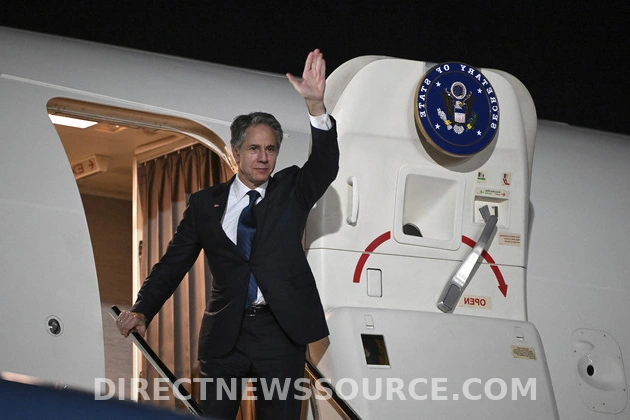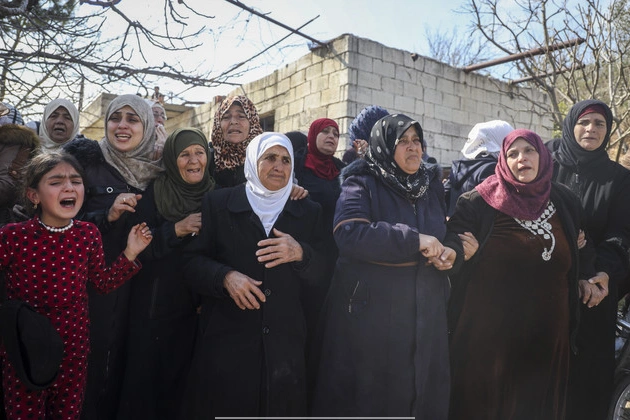
U.S. Secretary of State Antony Blinken made a significant revelation by acknowledging direct communication with the Syrian rebel group responsible for overthrowing President Bashar Assad’s government. This group, Hayat Tahrir al-Sham (HTS), despite being labeled a foreign terrorist organization, has engaged with American officials. Blinken’s announcement came during a press conference in Aqaba, Jordan, where he emphasized the importance of conveying messages to HTS regarding its governance approach during a transition period.
Confirming Contacts
Confirming the existence of these contacts, Blinken stated, “Yes, we have been in contact with HTS and with other parties.” This communication aims to support the Syrian people’s aspirations for success and signals America’s readiness to assist in their endeavors.
HTS and Its Background
Formerly linked to al-Qaida, HTS received the foreign terrorist organization designation from the U.S. State Department in 2018, subjecting it to stringent sanctions. Despite this designation, U.S. officials are not prohibited from engaging in dialogue with such groups. HTS, post-Assad’s downfall, has been working towards establishing stability and initiating a political transition, striving to allay concerns of extremism within the rebel factions.
Leader’s Statements
Ahmad al-Sharaa, the leader of HTS, expressed gratitude to the Syrian populace for their support of the revolution in a recent video message. He has also made promises regarding the protection of minority and women’s rights, although skepticism remains about the group’s long-term commitments.
Humanitarian Efforts
Additionally, efforts are underway to secure the release of individuals like Austin Tice, an American journalist who went missing near Damascus 12 years ago. Blinken emphasized the importance of locating Tice and facilitating his return home. Recent actions also included the safe transfer of an American detainee held by Assad’s regime to U.S. officials.
This disclosure sheds light on the intricate diplomatic engagements in the Syrian conflict, underscoring the complexities of international relations during times of political upheaval.















